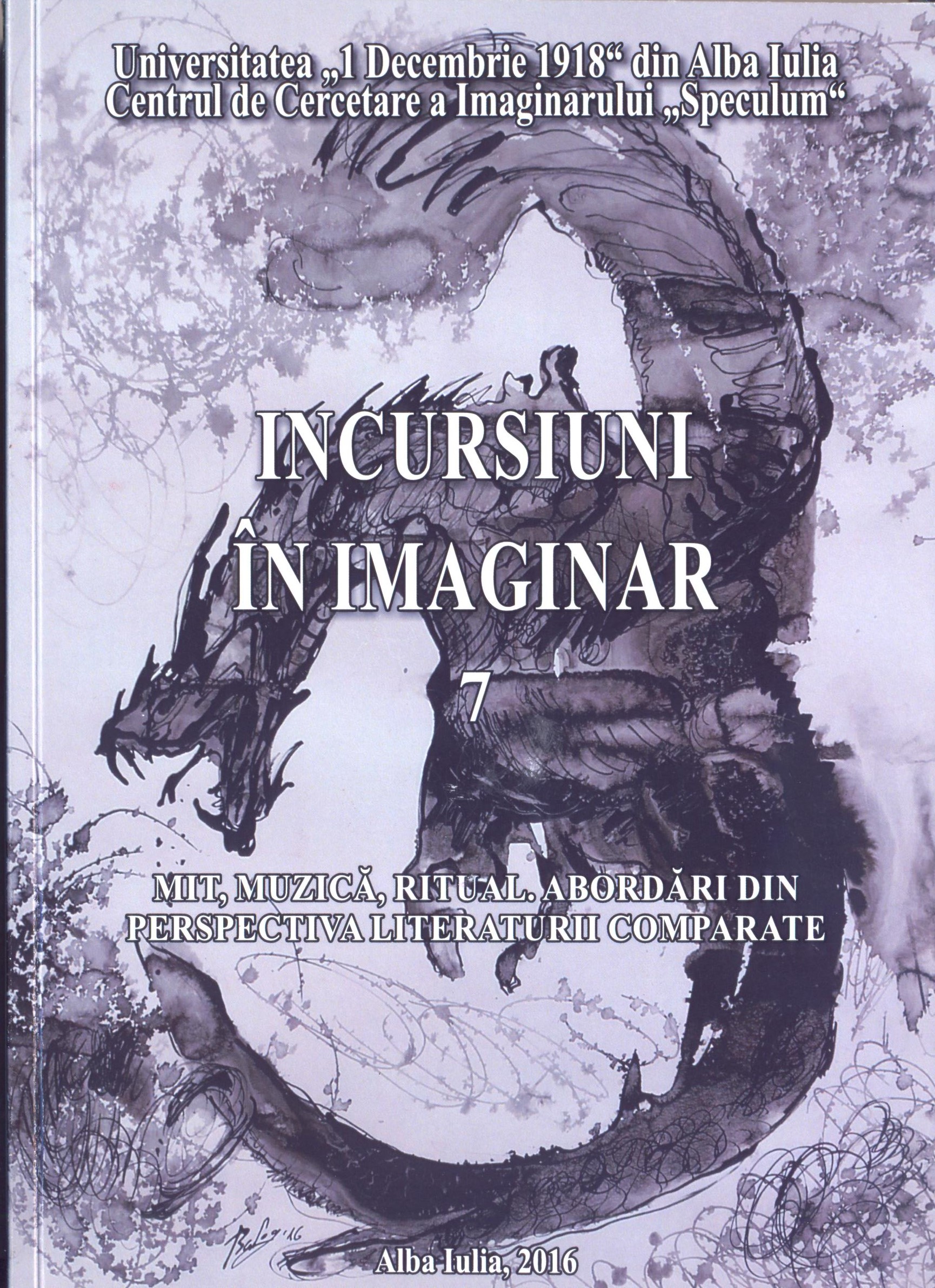MITUL LUI ORFEU ÎN LIRICA LUI MARIAN DRĂGHICI
THE ORPHIC MYTH IN MARIAN DRĂGHICI’S LYRICS
Author(s): SONIA ELVIREANUSubject(s): Language and Literature Studies
Published by: Editura Aeternitas
Keywords: poetry; Marian Drăghici; myth; Orpheus; poetic art;
Summary/Abstract: In Ancient Greece, the Orphic doctrine has the myth of Orpheus as a starting point, thus anticipating the constitution of Greek philosophy and poetics. Plato’s dialogs, Aristotle’s Metaphysics and Poetics, even Christianism originate in the Orphism. Orpheus was endowed by Appollo, the deity of the arts, with a divine lute and the gift of poetry and song, symbols of universal harmony, thus serving the creative Logos. This mythological character also is the archetype of the Poet with a tragic destiny as well as of Love. Orphic elements are to be discovered at the great lyrical creators of all times, from Greek and Roman Antiquity (Homer, Horatius, Virgil) up to our century. Poets have found in the Orphism their poetic substance, a theory on the arts or a philosophy of life, the cult of perfection by following Orphic incantations, models of sacred poetry and the art of verse writing. Educated in the western model of knowledge, through German and French sources, acknowledging the influence of Goethe, Rilke, Trakl, Baudelaire, Rimbaud, Mallarmé, Valéry, Marian Drăghici is attracted by the high level poetry coming from a real talent. Through his poetic creed, he ranges in the Orphic spheres. My paper’s aim is to illustrate the Orphic myth of creation and creator in Marian Drăghici’s lyrics, through the anthology lumină, încet (light, slow), a real and particular ars poetica. The main obesssion of the poet is the act of creation, the core or his poems conceived as poetic arts with an aesthetic dominant. The poet is seen as the most creative, original and profound author of poetic arts in contemporary poetry, tending towards a ”total” poetic art. DOI: 10.29302/InImag.2016.7.5
Journal: Incursiuni în imaginar
- Issue Year: 1/2016
- Issue No: 7
- Page Range: 81-114
- Page Count: 34
- Language: Romanian

